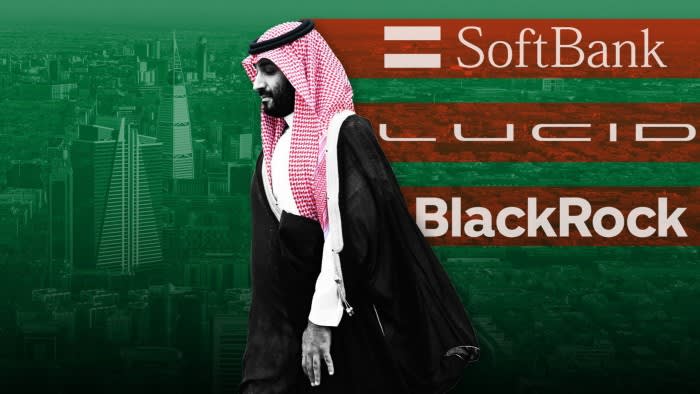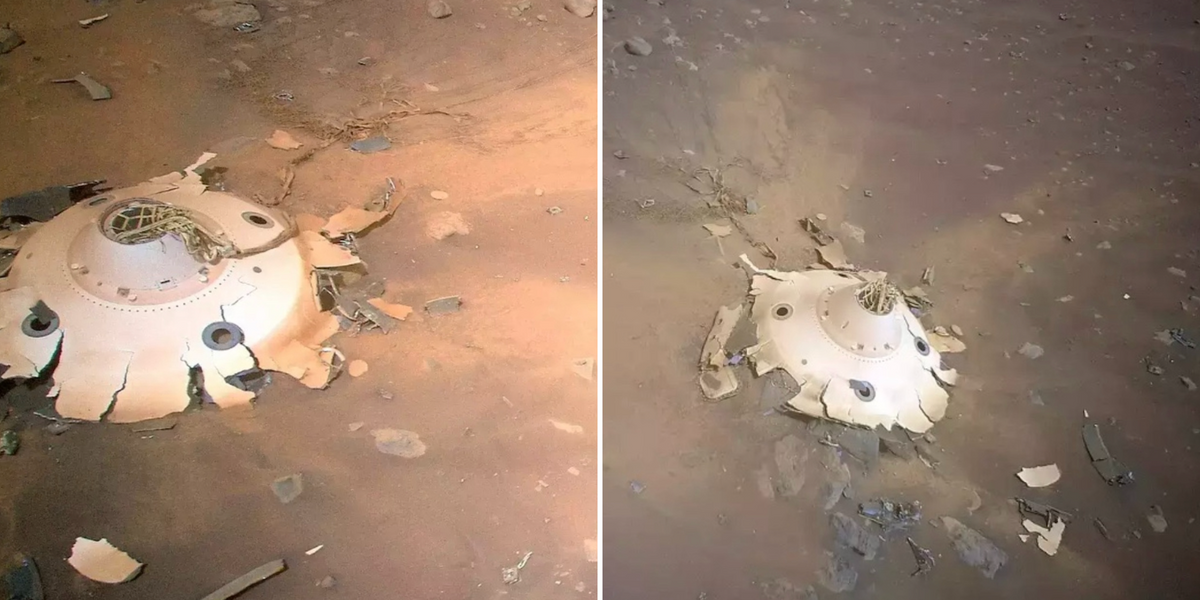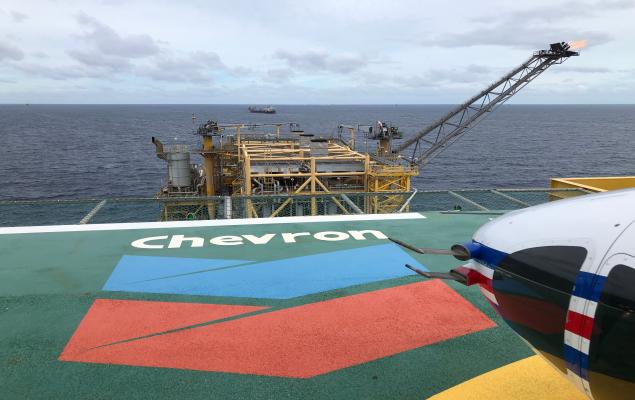Saudi Wealth Fund Shifts Focus, Ending Era of Easy Money

For much of the past decade, Saudi Arabia has been a magnet for dealmakers, bankers, and asset managers seeking investment capital, as the country's ambitious sovereign wealth fund embarked on a multibillion-pound global spending spree. However, as the kingdom re-evaluates its priorities and the £750 billion Public Investment Fund (PIF) shifts its focus towards large-scale domestic commitments, the era of Saudi Arabia being perceived as a readily available source of easy money is drawing to a close.
"It is ending," stated a senior investment banker based in Dubai. "People are realising it."
Fund managers, bankers, and companies seeking to raise capital in the kingdom are already feeling the impact of this shift. Money managers report that Saudi officials have imposed more stringent conditions on mandates, often requiring the hiring of local employees and the allocation of a portion of funding for investment in domestic companies and projects.
Bankers reveal that others are being told that Riyadh's commitment to new funds hinges on reinvestment within the kingdom. "It is becoming more of a theme," explained an insider at the wealth fund.
While the US asset manager BlackRock did secure £4 billion from the PIF to anchor a new investment firm in Riyadh, announced in April, its mandate is primarily focused on developing the kingdom's capital markets.
In a statement to the Financial Times, the PIF affirmed that it employs a "robust investment process", enabling it "to choose partners and advisers who are best suited for each mandate we pursue." It further stated that "Investments made by PIF go through a process of multiple committees and are focused on its key sectors, in accordance with the fundâs mandate and strategy."
Bankers report that companies are no longer flocking to Riyadh's doorstep in search of capital at the same pace as they once did.
"Client interest has reduced materially, partly because we are screening more carefully, partly because thereâs not been a tremendous amount of success from these efforts and roadshows," remarked the Dubai-based banker. "People realise itâs not just about showing up and expecting a cheque."
This shift represents a stark contrast to the early years of the PIF's dramatic transformation from a dormant holding company with approximately £100 billion in assets under management in 2015 into one of the world's most active and ambitious sovereign funds.
The overhaul was spearheaded by Crown Prince Mohammed bin Salman, who assumed the chairmanship of the fund in 2015, tasking it with guiding Riyadh's trillion-pound plans to diversify the economy and project the kingdom onto the global stage.
In its quest to rapidly expand its foreign exposure from virtually nil to its target of 24 per cent of its portfolio, the PIF made waves with a series of high-profile deals, including a £36 billion injection into SoftBank's Vision Fund in 2016 and a £16 billion investment in a Blackstone infrastructure fund the following year.
In subsequent years, the fund has poured money into a diverse array of sectors, ranging from the electric-car manufacturer Lucid to its controversial LIV Golf venture, a cruise liner group, mining, sports assets, and gaming companies.
It also poured tens of billions into US and European equity markets and injected £1.6 billion into a private equity venture established by Donald Trump's son-in-law, Jared Kushner.
This flurry of activity coincided with tightening liquidity in other parts of the world, highlighting Saudi Arabia and other oil-rich Gulf states as prime sources of funding.
This sentiment intensified after Russia's invasion of Ukraine sent energy prices to multi-year highs, generating a boom in the Gulf and helping Saudi Arabia achieve a budget surplus in 2022, its first in nearly a decade.
However, since then, the kingdom has cut oil production in an effort to stabilise declining crude prices. This has impacted government revenues, returning the budget to a deficit and presenting Riyadh with massive financial commitments to fund development plans. Bankers also report the cancellation of certain deals.
"For the last eight years, Saudi Arabia has gone out to the rest of the world with an open hand of money. Now the fist is clenching and pulling back to the country," observed a London-based investment banker. "Itâs part of the maturing strategy. They could not have gone on like this forever."
According to filings with the US Securities and Exchange Commission, the PIF's traded stocks in the US decreased from approximately £28 billion at the end of 2023 to £16.4 billion on March 31, before stabilizing in the second quarter at £16.5 billion.
The PIF reduced its stake in BlackRock and disposed of its holdings in Carnival, the cruise liner company, and entertainment group Live Nation.
Saudi officials maintain that the kingdom's ambitions remain unchanged and significant activity continues, with work progressing on a number of megaprojects. However, finance minister Mohammed al-Jadaan told a conference in April that Riyadh would "adjust" as needed.
"Weâll extend some of the projects, weâll downscale some projects, weâll accelerate some projects," he stated.
An executive at a US-based asset manager added that Prince Mohammed is focused on building infrastructure.
"Saudi has shifted meaningfully to domestic growth projects," the executive said. "They have a bold ambition of what they want to become."
Another London-based banker remarked that with the financing outlook "not as comfortable as they want it to be, theyâve got to make some difficult choices".
"Thatâs sensible and they are being slightly more mature, they are not going for broke. But it means itâs less lucrative for bankers," he added.
"The other aspect is the Saudis are sick to the teeth of being treated just as a cash cow, and they are extremely suspicious of fee chasers. They want people to put skin in the game."
He further noted that the shift in pace was a "cyclical issue" aligned with falling oil revenues, stating that the long-term appeal of Saudi Arabia remains "pretty strong because they have a lot of catching up to do from a development perspective".
The PIF insider indicated that the fund is placing a greater emphasis on strategic investments, in contrast to the early years of its transformation when it was "looking to deploy money quickly in certain areas".
"There is a pause in terms of spending, definitely global investments are not going to be there in a major way over the next two to three years," confirmed a Saudi executive. He explained that exceptions would exist, particularly in areas deemed to add value to the kingdom, such as manufacturing, artificial intelligence, and technology.
"They are verbalising to banks itâs a very discrete moment," the executive said.
Spending continues domestically, with the PIF aiming to invest at least £32 billion annually in the kingdom as it oversees a series of megaprojects while developing new industries, including tourism, sports, mining, and manufacturing.
Riyadh must also prepare for a string of international events, including the football Asian Cup in 2027, the Asian Winter Games in 2029, and Expo 2030. Furthermore, it is the sole bidder for the 2034 Fifa World Cup.
Bankers add that the PIF's subsidiaries, including new airline Riyadh Air, gaming entity Savvy, and mining company Maâaden, are undertaking much of the investing themselves as they strive to meet their own targets.
"Thereâs a lot of activity in the PIFâs portfolio companies, not at the PIF level," said the Dubai-based banker.
He further stated that bankers' "wallets" would shift more towards financing as the government and the PIF raise debt, with Riyadh already having raised approximately £30 billion this year.
"Itâs not necessarily a change of strategy, itâs an evolution," he concluded.
*Additional reporting by Eric Platt in New York





